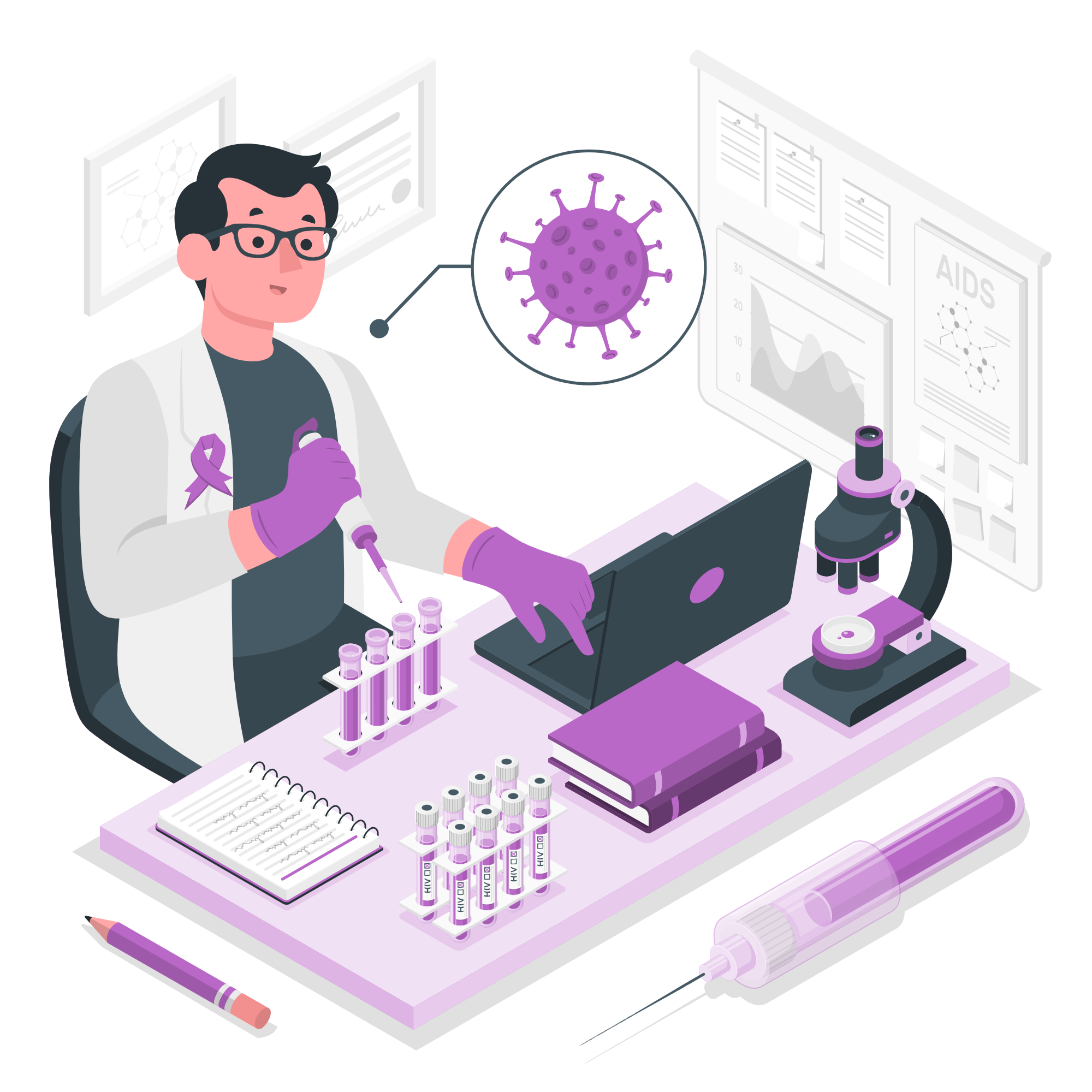The Difference Between ‘Affect’ and ‘Effect’ in Scientific Contexts
Scientific writing demands clarity and precision, and one of the most frequent sources of confusion is the distinction between "affect" and "effect." These two words are often misused because they sound similar and both relate to changes and consequences. However, they serve distinct grammatical roles and meanings, which can significantly impact the accuracy of your research paper.
Misusing "affect" and "effect" can lead to misunderstandings—especially in scientific discussions where precision is crucial. To help you avoid common pitfalls, this guide offers detailed explanations of these terms, examples relevant to research writing, and practical tips for proper usage.

1. Understanding ‘Affect’ – The Action (Verb)
🔹 Definition: Affect is primarily used as a verb, meaning to influence or cause a change in something. In scientific contexts, it often describes how one variable influences another.
💡 Tip: If something is actively causing a change, use "affect"—because it describes an action.
Examples of ‘Affect’ in Scientific Writing:
- The presence of heavy metals in water can affect aquatic life by altering reproductive cycles.
- High levels of stress can negatively affect cognitive function in students.
- Fluctuations in atmospheric pressure affect the migration patterns of birds.
🚨 Key Rule: When describing an action that brings about change, the correct word is "affect."
How ‘Affect’ Appears in Research Papers
In scientific studies, researchers frequently discuss how one factor affects another. For example:
- Environmental factors affecting living organisms (e.g., pollution affecting plant growth).
- Medical treatments affecting patient outcomes (e.g., a new drug affecting blood pressure).
- Experimental conditions affecting results (e.g., temperature affecting reaction rates).
2. Understanding ‘Effect’ – The Result (Noun)
🔹 Definition: Effect is a noun that refers to the result or consequence of an action. In research writing, it commonly appears when discussing outcomes, findings, or impacts.
💡 Tip: If you’re referring to what happened as a result, use "effect."
Examples of ‘Effect’ in Scientific Writing:
- The effect of climate change on coral reefs is becoming more severe.
- The study analyzed the effect of prolonged screen time on sleep quality.
- Researchers examined the effect of increased CO₂ levels on plant growth.
🚨 Key Rule: If you're referring to the outcome of an action, choose "effect."
How ‘Effect’ Appears in Research Papers
"Effect" is frequently found in study conclusions and results sections. You’ll often see phrases like:
- The effect of a drug on a disease (e.g., aspirin on blood clotting).
- The effect of diet on health (e.g., sugar intake on metabolism).
- The effect of a variable on an outcome (e.g., pH levels on enzyme activity).
3. Side-by-Side Comparison: Affect vs. Effect
| Term | Grammar Role | Meaning | Example in Scientific Writing |
| Affect | Verb (Action) | To influence or change something | Caffeine affects heart rate by increasing stimulation |
| Effect | Noun (Result) | The result of an action | The effect of caffeine on heart rate was significant |
4. Common Mistakes and How to Avoid Them
Even experienced writers occasionally mix these two up. Let’s look at some typical errors—and how to fix them.
🚫 Mistake #1: Using "Effect" as a Verb
Incorrect: The new drug will effect changes in blood pressure.
Correct: The new drug will affect blood pressure levels.
📌 Tip: In scientific writing, "effect" is rarely a verb. When describing an ongoing change, use "affect."
🚫 Mistake #2: Using "Affect" as a Noun
Incorrect: The researchers examined the affect of stress on cognitive function.
Correct: The researchers examined the effect of stress on cognitive function.
📌 Tip: In research papers, "affect" is almost always a verb. Use "effect" when referring to outcomes.
5. Special Case: When ‘Effect’ Is a Verb
Occasionally, effect can function as a verb, meaning to bring about or to cause something to happen.
✅ Correct Example:
- The new policy will effect significant changes in healthcare regulations.
🚨 Note: This use is rare in research writing. Most of the time, use affect as the verb and effect as the noun.
6. Practical Tips for Scientific Writing
To master the use of these terms in your research papers, consider the following strategies:
✅ Ask yourself: Am I describing an action or a result?
✅ Check the part of speech you need—verb (affect) vs. noun (effect).
✅ Try substitutions: Replace with influence for "affect" and result for "effect."
✅ Review your manuscript's results, discussion, and methods sections—ensure you're using the right word based on function.
Conclusion
The difference between "affect" and "effect" is simple once you break it down:
- Affect is an action (verb) that causes change.
- Effect is a result (noun) that comes from that change.
By understanding their roles, you can improve the clarity and accuracy of your research papers. Using these words correctly will strengthen your writing, ensuring your research is precise, professional, and easy to understand.
If you’re unsure, always double-check your usage or seek professional proofreading to refine your work.
If you need help with scientific proofreading or academic proofreading, PaperEdit is here to support you. For further assistance, feel free to contact us via email at editing@paperedit.com or through WhatsApp at +447458935352 You can also fill out the contact form for additional inquiries.

